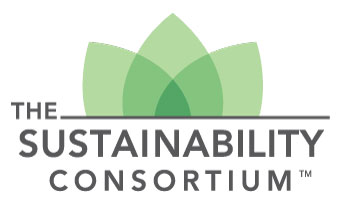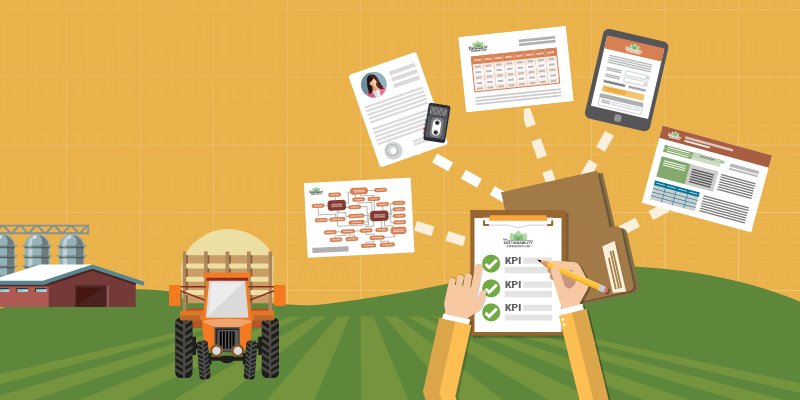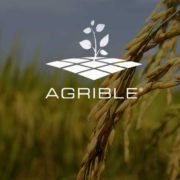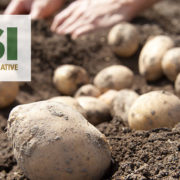Landmark Data Landscape Map and Software Released to Ease Burden of Reporting Sustainability Data for Growers and Food Companies

Scottsdale, AZ, March 4 – The Sustainability Consortium (TSC) released today a landmark report that will help ease the burden of reporting sustainability data for growers and food companies.
Data Landscape Mapping for Agricultural Supply Chains is the first-ever report mapping agriculture technology platforms and sustainability metrics from farm to retail. The report identifies key technologies and platforms currently in place to collect and manage farm data. This report also documents metrics alignment opportunities that will help increase the flow of sustainability data in the agricultural sector.
In 2018, TSC convened, as a part of this project, over 100 industry leaders from companies and organizations with expertise in food production, farm data management, farm sustainability measurement, and consumer goods manufacturing. The report provides the results of case studies conducted with some of these participants regarding the current state of data systems connectivity and compatibility, as well as technology needs for sustainability data.
By gathering all input and output possibilities from key farm sustainability calculators in one place, TSC created an open-source software API and webform, called the Ag Metrics Translator, in hopes of streamlining data collection and increasing transparency across agricultural supply chains. This work was done in close partnership with key farm sustainability metrics calculators- Cool Farm, Field to Market, Potato Sustainability Initiative, Stewardship Index for Specialty Crops, and Sustainable Agriculture Initiative.
The project addresses a critical issue – the lack of sustainability data for agricultural products sold at retail.
- In 2017, TSC received over 20,500 responses to their key performance indicators for food and beverage products as a part of The Sustainability Index, primarily used by Walmart and Sam’s Club.
- Of these responses, 49% of suppliers answered, “We are unable to determine at this time”.
“Our goal for this project was to enable mobility of sustainability data and to reduce the burden of reporting TSC key performance indicators across the value chain. Now we will work with our partners to implement the report findings and software API,” says Christy Slay, Director of Technical Alignment for TSC.
The Ag Metrics Translator API and this report were created to identify additional opportunities to automate sustainability data reporting and to increase the scores of farm-level TSC key performance indicators answered by food companies. As a result of this project, TSC will continue to work with companies and members to streamline systems to make sure growers spend more time producing and less time answering survey questions.
Amanda Raster, Manager of Technical Development for TSC’s Food, Beverage, and Agriculture sector notes, “Our ultimate objective for our work in the agricultural metrics space is to simplify the data collection and reporting process for growers, while ensuring that a consistent demand signal for sustainability information is being sent throughout agricultural supply chains. Connectivity across data systems is key to meeting that objective.”
The report is available for free download on the TSC website here. The TSC Ag Data Translator can be accessed here.
Founded in 2009, TSC celebrates 10 years of helping companies create more sustainable consumer products. Learn more about TSC’s 10-year anniversary here.
About TSC
The Sustainability Consortium (TSC) is a global organization transforming the consumer goods industry to deliver more sustainable consumer products. We are dedicated to improving the sustainability of consumer products. Our members and partners include manufacturers, retailers, suppliers, service providers, NGOs, civil society organizations, governmental agencies and academics. Each member brings valuable perspectives and expertise. TSC convenes our diverse stakeholders to work collaboratively to build science-based decision tools and solutions that address sustainability issues that are materially important throughout a product’s supply chain and lifecycle. TSC also offers a portfolio of services to help drive effective implementation. The Sustainability Consortium has more than 100 members and there are over 2,000 users of TSC tools worldwide; it convenes more than 200 global organizations annually over an average of 75 networking opportunities. Formed in 2009, TSC is jointly administered by Arizona State University and the University of Arkansas. It also has a European office at Wageningen University and Research, and a Chinese office in Tianjin, China. For more information visit www.sustainabilityconsortium.org.






